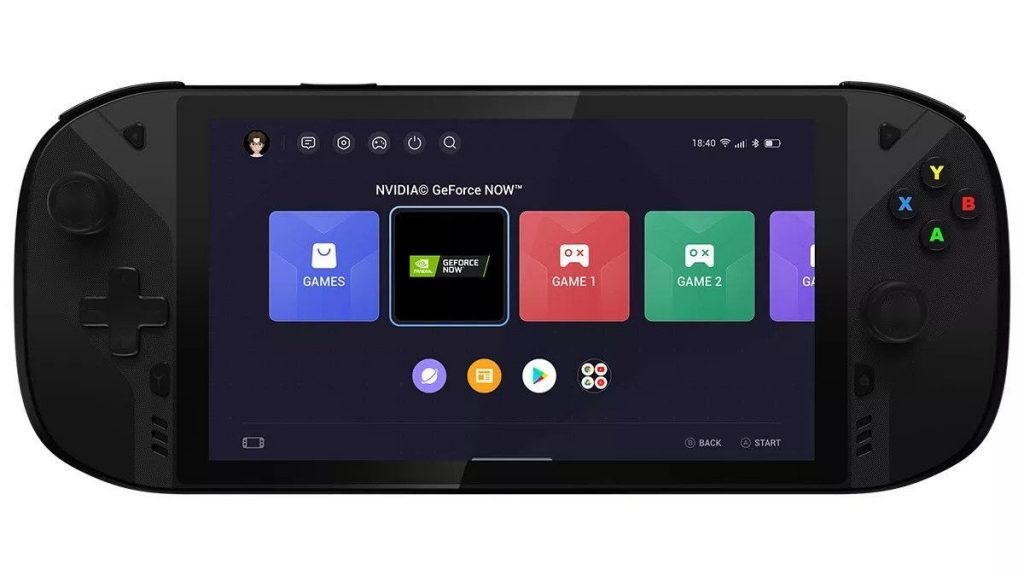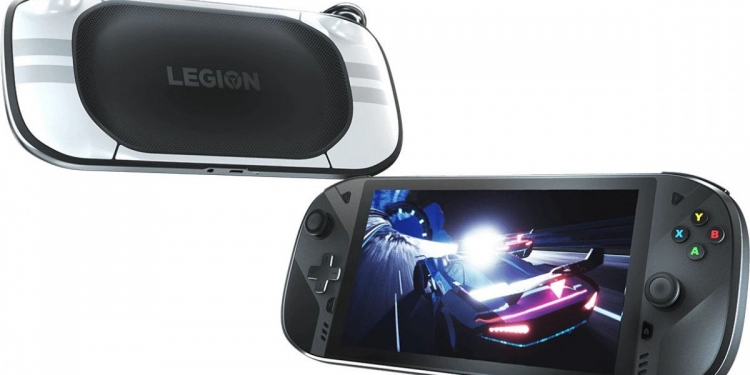We’re big fans of the Asus ROG Ally here in the office, but that doesn’t mean we won’t welcome competition. In fact, Lenovo is rumoured to be the next major manufacturer considering an entry into the gaming handheld scene.
According to an exclusive report by Windows Central, Lenovo is currently working on their own gaming handheld console called the Legion Go. It’s almost certainly going to be a Windows 11-powered device like the ROG Ally for the best compatibility with PC games, and is also likely to be powered by AMD processors. Which processor specifically though is yet to be confirmed, but should be one of the Zen 4 Phoenix processors in AMD’s lineup just like the ROG Ally’s Ryzen Z1 and Ryzen Z1 Extreme.
As for how it would look, there’s a good chance it would be quite similar to the Lenovo Legion Play, an Android-based cloud gaming handheld that never made it to the mass market. Seeing as how successful both the Valve Steam Deck and the Asus ROG Ally became—especially compared to the Android gaming handhelds out there—the Legion Go will drop Android in favour of Windows 11 and its display ought to be an 8-inch display, making it larger than both the Steam Deck and ROG Ally.

A lot of questions still remain though over the Legion Go. There’s no expected date for its release just yet nor do we know how much it’ll cost. Nevertheless, it would kinda make sense for Lenovo to enter the gaming handheld market though.
Just earlier this year, Lenovo had exited the gaming smartphone market, saying that it was discontinuing their Legion mobile gaming phones as part of a wider business and gaming portfolio consolidation. However, the Chinese brand did add that they were still committed to the gaming category, and indeed only recently launched their more entry-level gaming laptop lineup dubbed the Lenovo LOQ.








